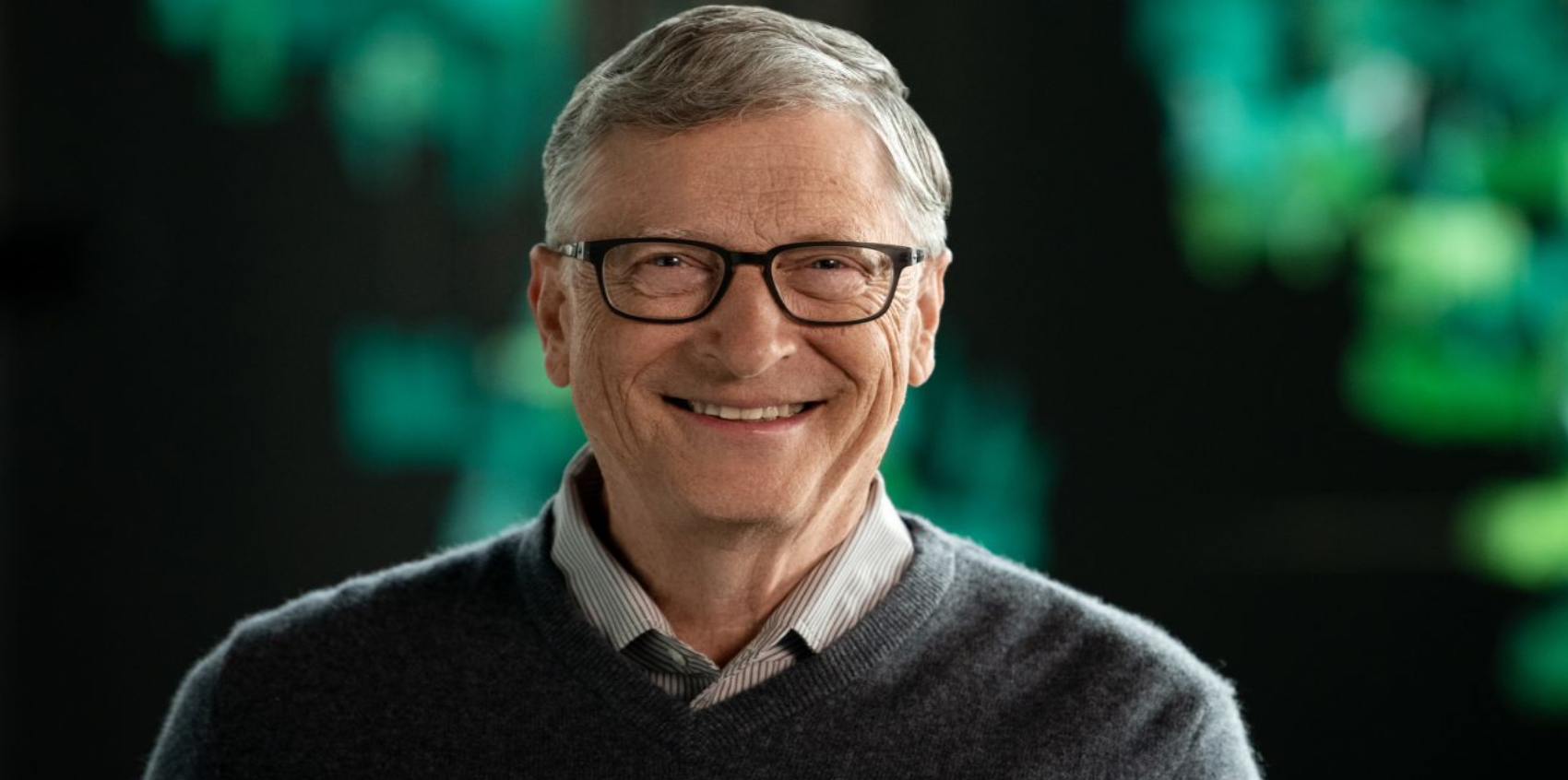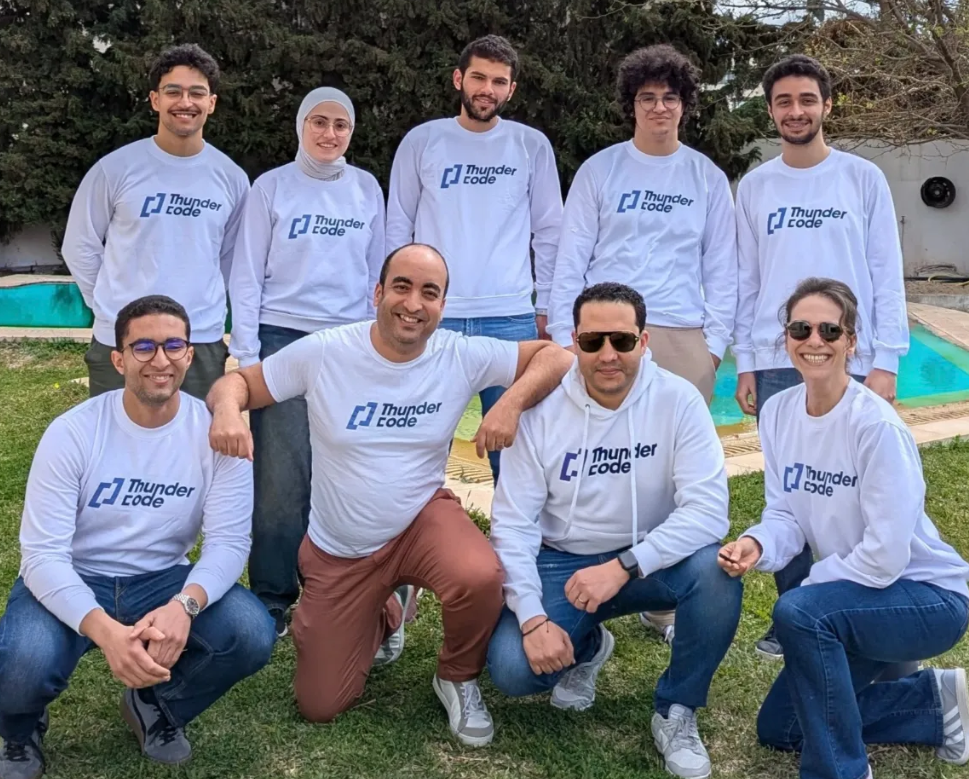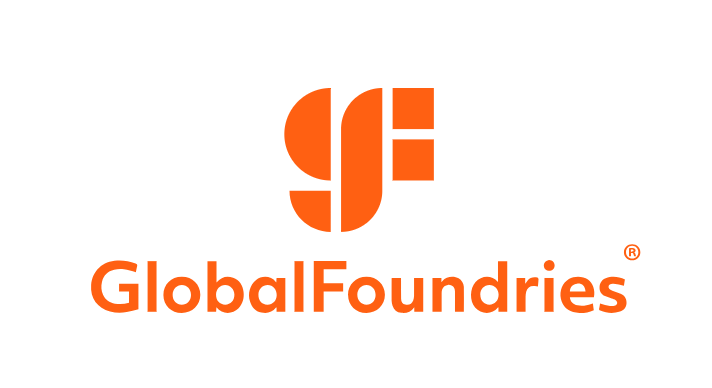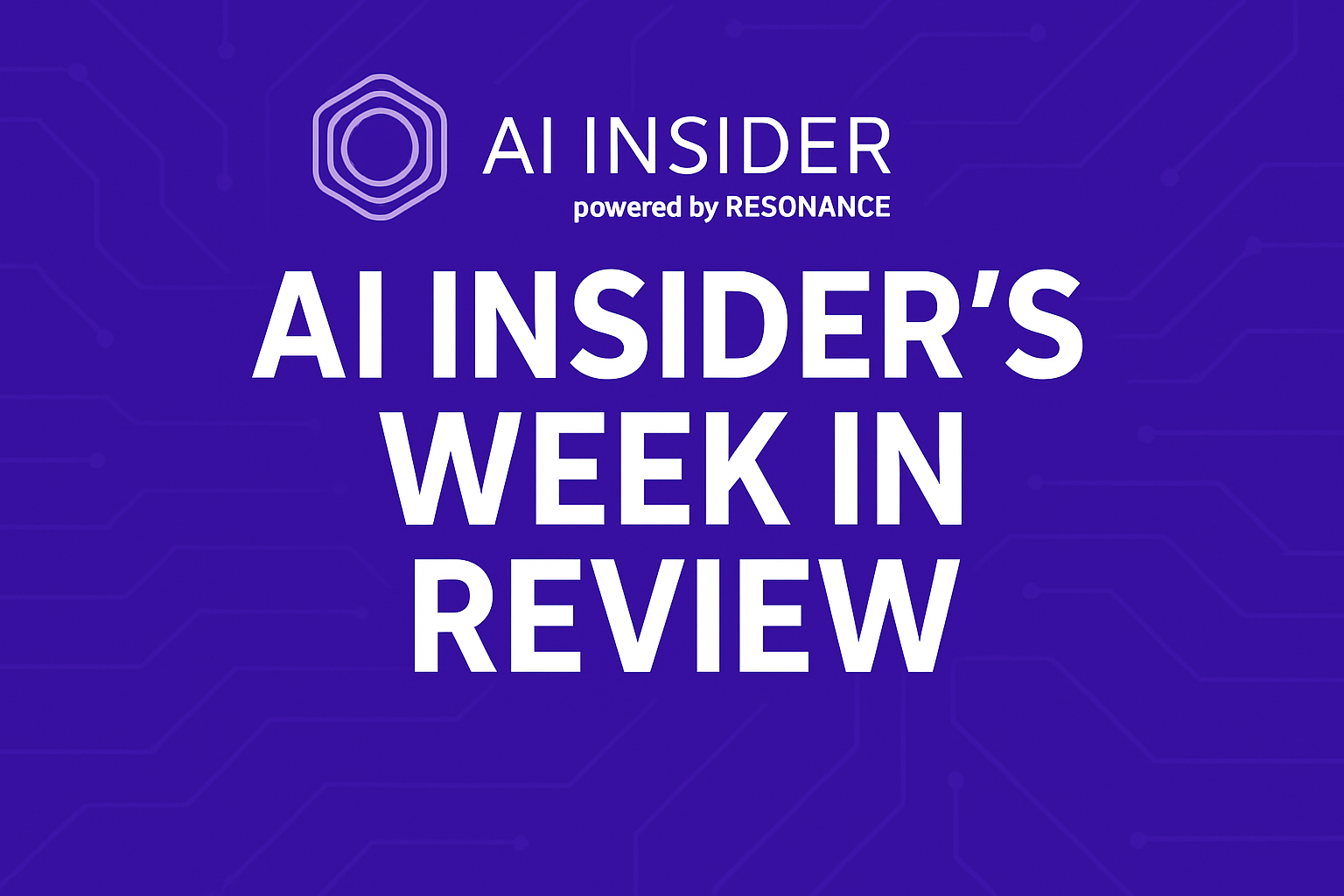Earlier this month in a CNN opinion piece, Bill Gates reflected on the transformative role of artificial intelligence (AI) in various sectors, emphasizing its potential to enhance productivity and improve access to critical services like education and healthcare. Gates, who has always championed innovation, credits it for significant global advancements, including the drastic reduction in child mortality rates since 2000. He attributes this success to innovative approaches in vaccine development and delivery, highlighting how these advancements have reached even the most remote areas.
Gates points out the accelerating impact of AI in medicine, especially in expediting drug discovery. He shed light on the Gates Foundation’s focus on leveraging AI to tackle health challenges prevalent in impoverished regions, such as AIDS, tuberculosis, and malaria. This approach aligns with his belief in AI’s vast potential to enhance lives in low- and middle-income countries.
He shares insights from his visit to Senegal, where he met with local innovators conducting AI research aimed at benefiting their communities. Their projects, though in early stages, show promise in addressing significant challenges like antibiotic-resistant pathogens, HIV risk assessment, and improving access to medical information for health workers.
One notable example Gates discusses is an Indian team’s project using AI to improve outcomes in high-risk pregnancies. Their large language model, designed to assist health workers, is adaptable to user experience levels and multilingual, demonstrating AI’s adaptability and potential in diverse contexts.
However, Gates acknowledges the challenges ahead, including scaling projects without compromising quality and ensuring consistent backend support. He also stresses the need to address AI’s inherent risks, like bias and ‘hallucinations’ — instances where AI confidently asserts false information. Despite these challenges, he remains optimistic, citing efforts like those by OpenAI (partially funded by Microsoft) to improve AI’s reliability in discerning fact from fiction.
Gates also mentioned the importance of customizing AI products for their end-users. He cites Somanasi, an AI-based education tutor in Kenya, as an example of AI tools being tailored for individual learners and local contexts. This approach, Gates believes, can significantly reduce the gap between when innovations reach affluent and poorer regions, fostering global equity.
Concluding his piece, Gates expresses optimism about AI’s potential to rapidly disseminate game-changing technologies, even during challenging times. He anticipates significant AI usage in the general population of high-income countries within 18–24 months and a comparable level in African countries within approximately three years. This reduced lag in adopting innovations, Gates argues, is crucial for addressing global inequities.
Featured image: Credit: Gates Ventures






